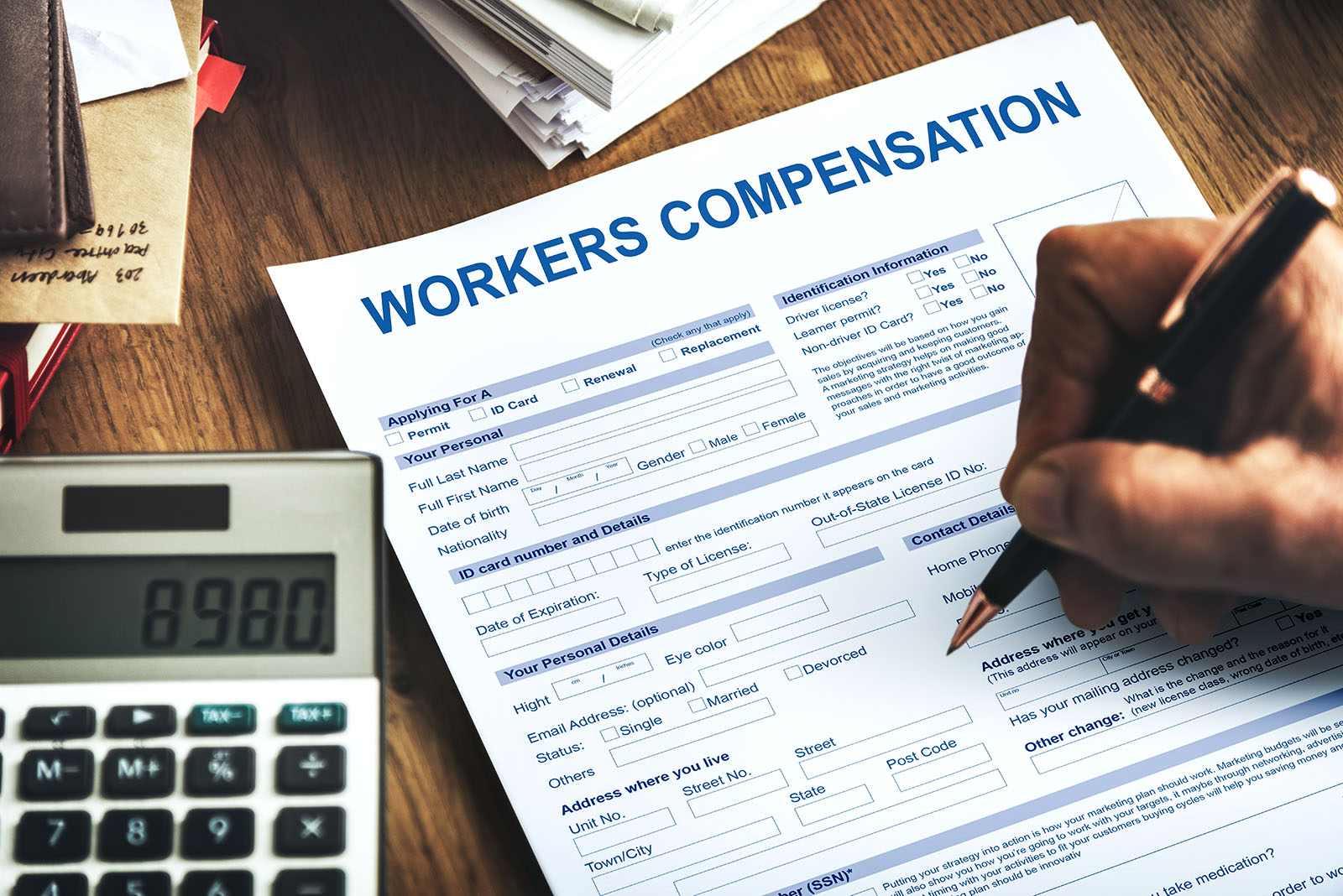Managing a disruptive employee can be a challenge. Whether they are a loner who never comes to work or a demanding employee who is always a pain to deal with, there are ways to handle them. Disruptive employees disrupt the normal flow of work and can cause frustration and negativity. Proper action can help fix the problem, and it will save you from facing legal issues or negative backlash. You may even wish to consider training your management team on how to handle such situations. There are many ways to deal with a disruptive employee, including training them on conflict resolution and improving communication and documentation.
Do not make Accusations, as This will only lead to Defensiveness
The first step in addressing a disruptive employee is to talk to them. If possible, talk to them in a non-threatening way. Do not make accusations, as this will only lead to defensiveness. Instead, try to make observations that will help them improve. You can use documentation as a reference if needed. If a disruptive employee becomes violent, never allow it in the workplace. If it does occur, contact the police.
Problem employees can cause accidents, mishaps, and mistakes, and are notoriously difficult to manage. Other employees may also be reluctant to discuss their concerns because they don’t believe the problem will be addressed. Likewise, managers may be hesitant to confront a problem employee because they don’t want to risk losing a high-performing employee. Sometimes it may even be the manager themselves who is the problem employee. Whatever the case may be, there are ways to handle a disruptive employee.
Make sure you Express your Concern for their Success
You may want to discuss the issues in private. Sometimes the employee may be experiencing personal issues, or they may be dismissive of other people’s ideas. Make sure you express your concern for their success and make employee assistance programs available. In any event, you should discuss how their negative attitude affects your team and your company’s relationships. Be sure to explain the consequences if the employee continues to act against your instructions. If the issue is not resolved in a constructive manner, you can always take disciplinary action.
Before terminating an employee, be sure to understand the cause of the employee’s behavior. If they’re unhappy with the company, you should try to remedy the situation. Consider giving them a warning or some other form of remedy. Consult the HR department or the state’s laws regarding termination. If the behavior continues, you should remove the employee from your company as soon as possible. In any case, you should always be considerate and sensitive.
When Managing a Disruptive Employee, It’s Important to Remember that not all Employees have bad Intentions
You can also ask the person to stop displaying disruptive behavior. Disruptive employees spread negativity and are disruptive to your work environment. If you fail to correct their behavior, you may face a difficult HR dispute in the future. When dealing with a disruptive employee, you must remember that they can be a distraction to your entire team and cause you a lot of trouble. In some cases, it may even become physical. In other cases, the employee might even threaten you or others.
When managing a disruptive employee, it’s important to remember that not all employees have bad intentions. Some are just not aware of how their behavior is undermining others and may be misconstruing your own point of view. In these cases, you should ask them to give you their feedback before you announce your plans publicly. If they insist on avoiding feedback, try to explain why you’re not acting on their suggestions.
A Difficult Employee may even be Threatening the Career of the Boss
Before you begin any discussions, it is important to identify the problem yourself. Identifying the problem and discussing it with the employee is the first step in dealing with a difficult employee. Be specific in your statements and provide examples of the behaviors that aren’t acceptable. This will avoid personal criticism. Also, if the employee is not aware of his own actions, you can ask him to change them. When dealing with a difficult employee, it’s important to acknowledge their skills and give them challenging work.
The difficult employee can have an adverse effect on the company’s overall productivity. A difficult employee may even be threatening the career of the boss. But, there are ways to handle a disruptive employee, and a good leader knows how to deal with them. If you’re having a difficult employee, you’ve got to act sooner rather than later. If you don’t intervene, the problem will escalate and the entire team will suffer.



